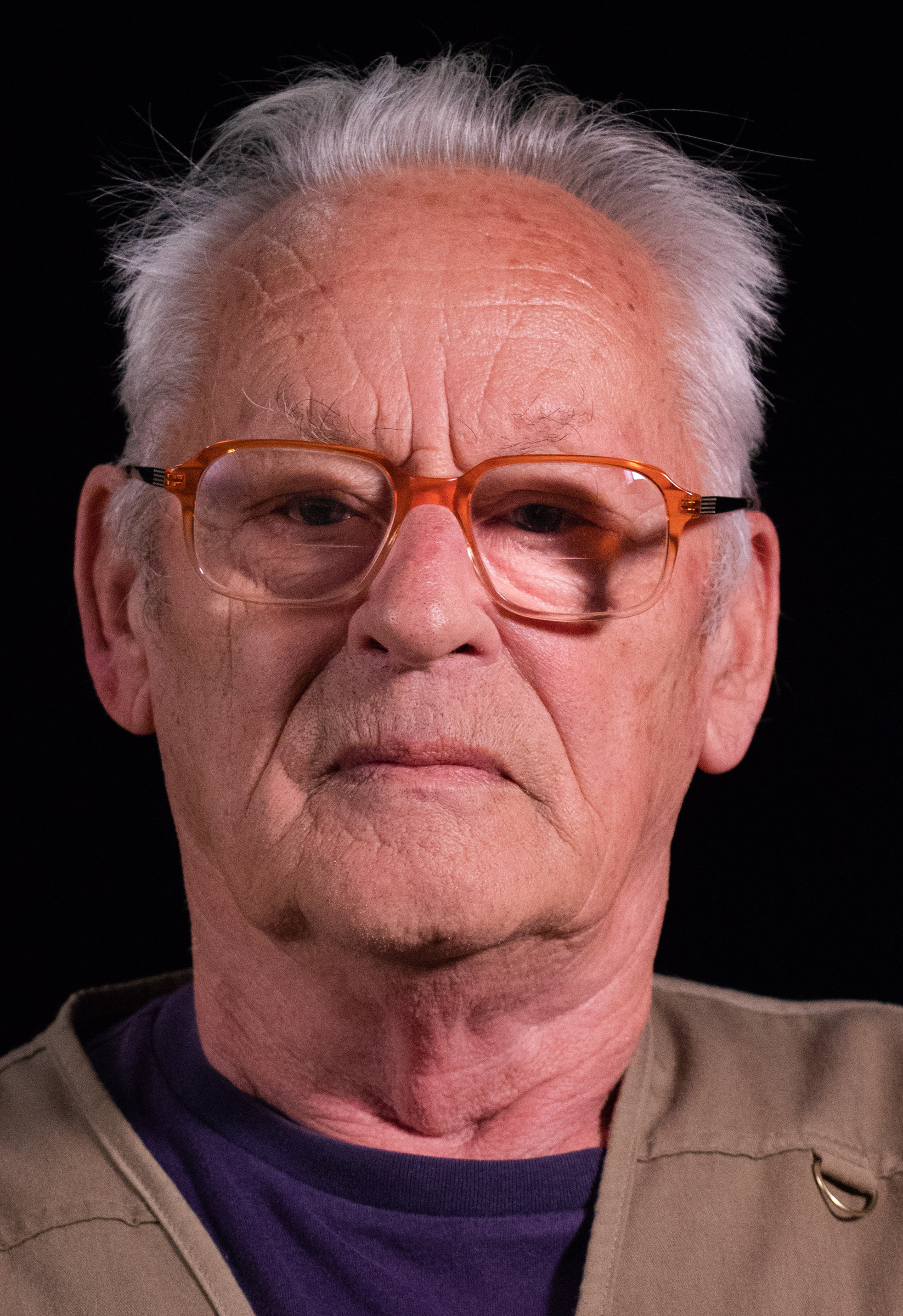It was a miracle that we were able to meet again as a family

Download image
Bruno Grötschel was born on February 13th 1935 in Rumburk, a fourth child of Osmar Grötschel and Karla Schnipperová, a Jewish woman born in Poland. After the annexation of the borderlands by the Nazi Germany, the family – Bruno, his parents and three siblings – left for Berlin where Bruno´s father managed to get a job. Grötschels hoped that by doing so, they would be able to avoid persecution due to the Nazi racial laws in the anonymous environment of the metropolis. While living in the centre of the German capital Bruno witnessed both the Allied air-raids and the final Battle of Berlin. He was the sole member of the family who hadn´t been held in a labor camp or a concentration camp after his mother publicly claimed her Jewish heritage in order to save her oldest son Waldemar from serving in the Wehrmacht. After the war, Grötschels returned to Czechoslovakia; Bruno learned to speak Czech, completed his elementary school education and graduated from a military academy in Kremnice. As an officer of the Czechoslovak People’s Army, he had been serving at a military airfield in České Budějovice, he also spent two years at an anti-aircraft unit based in Slaný. Despite the fact that he refused to join the Communist Party, he was allowed to stay in the army even after the ‘normalisation period’ political screenings of the early 70s. In 1973, he had been investigated by the Secret Police (Státní tajná bezpečnost) due to his two step-sisters who decided to stay in the later Federal Republic of Germany after the war. After retiring from the army, he had been making some extra money doing part-time jobs.



